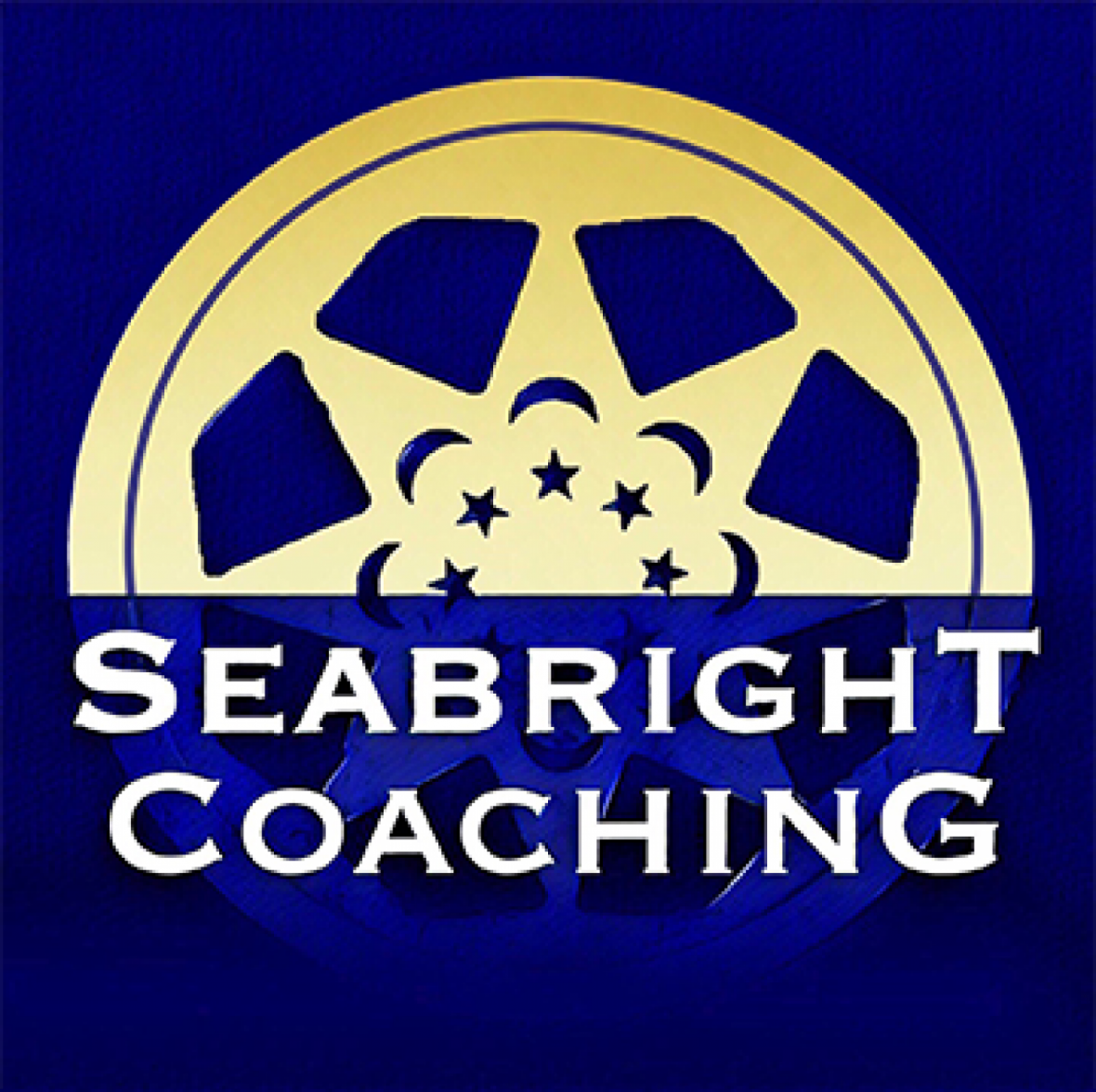What are Executive Functions?
Executive functions help us to plan and organize, and they also help us regulate our feelings. Here’s a list of the eight executive functions:
- Impulse Control
- Emotional Control
- Flexible Thinking
- Working Memory
- Self-Monitoring
- Planning and Prioritizing
- Task Initiation
- Organization
Executive functioning happens largely in the prefrontal cortex, which is the last part of the brain to mature–it continues to develop well into our twenties.
Not everybody who has executive function challenges also has ADHD, but everybody with ADHD struggles with at least some of the executive functions.
Coaching offers customized strategies for developing executive functions. Supportive practice really can make a difference!
What is ADHD Coaching?
According to the ACO (ADHD Coaches Organization), ADHD Coaching is a collaborative, supportive, goal-oriented process in which the coach and the client work together to identify the client’s goals and then develop the self- awareness, systems, and strategies—the skills—necessary for the client to achieve those goals and full potential.
You can find a full description of ADHD Coaching here.
Does Coaching Work?
Yes! Here is an excerpt from CHADD’s website:
The majority of coaching studies have investigated its impact on college students and adults. Although limited in number, these studies have found consistent results. Overall, college students who received individual coaching were found to develop better executive functioning skills and self-determination skills. Those receiving coaching engage in more positive thoughts and behaviors, such as taking greater responsibility for their actions, using goal-attainment skills, modulating emotions, managing stress effectively and increasing positive expectations for performance. They also reported improved study skills and learning strategies, such as time management and effective ways to improve concentration. Study participants also reported increased self-awareness, self-esteem, and satisfaction with school and work.
How Does Coaching Differ From...
Therapy?
Coaching differs from therapy because it is not designed to diagnose or treat psychological issues. While emotions will, no doubt, arise during coaching, we focus on helping clients to identify and reach goals, while developing healty habits and skills. Rather than focusing on the past, we work to create what you want now and in the future.
Tutoring?
Although clients often pursue academic goals in coaching, coaches do not provide tutoring in course content. Instead, we help clients to reflect, set goals, and develop habits of mind that will help them to be more successful in school.
Is coaching covered by insurance?
Coaching is considered an educational service, not a medical service, so it’s not covered by insurance.
How Long Does It Take?
It takes time to fully integrate new beliefs and habits developed through the coaching process. I strongly recommend weekly coaching sessions for a minimum of three months. After that, you may be ready to stop coaching. Or, you may choose to continue coaching every week, every other week, or once per month, depending on your goals and your progress.
